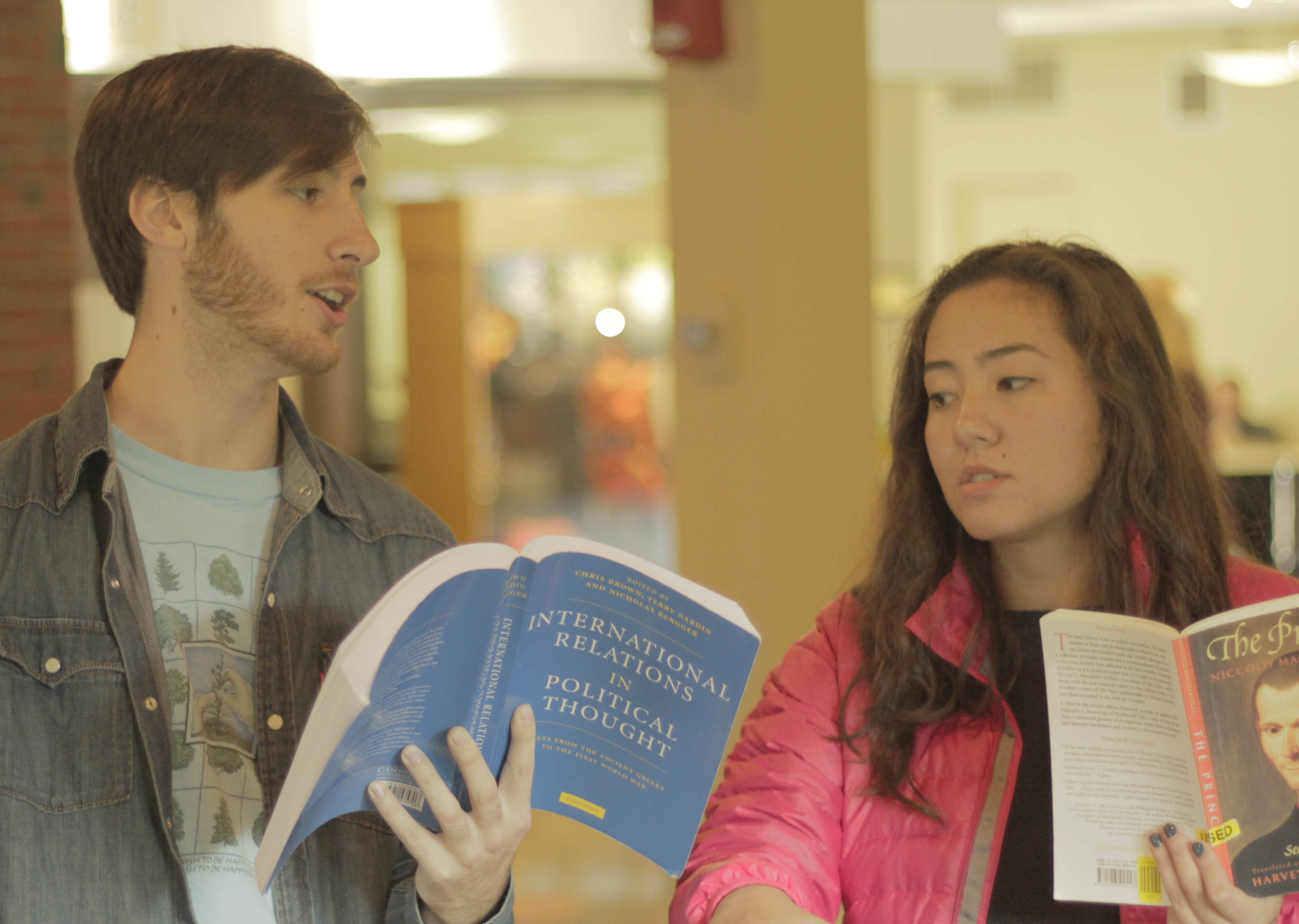As we made our return to campus this fall, many of us may have noticed a group of people dressed to impress in the S.U.B. – as corn. The human corn crop was composed of representatives from WashPIRG, (Washington Public Interest Group), a nonprofit organization that employs the assistance of students to spread awareness on important political issues in the state.
Currently at the top of their docket is a support campaign for Washington State Initiative 522. I-522 deals with explicit labeling of genetically modified foods and ingredients, and as such, is an issue to which the general public in Washington has offered overwhelming support.
For those of us unfamiliar with the term, GMO refers to the practice of genetically altering foods to produce a strain endowed with the ‘strongest’ traits, most often for resistance to natural pests and man-made herbicides.
According to the United States Department of Agriculture’s Economic Research Service, the most commonly genetically modified crops in the U.S. are corn, soybeans and some varieties of cotton; although the GMO trend does not cease there.
WashPIRG students released data on many of the genetically engineered foods grown domestically, (this information could be found on the pamphlets they passed out on campus), and found that 85 percent of sugar beet crops, 90 percent of canola, 90 percent of corn, and 93 percent of soybeans are produced using GMO practices condoned by the USDA.
Currently in the U.S., the largest conglomerate in agribusiness is Monsanto, a multi-billion dollar, internationally based enterprise specializing in the genetic modification of corn crops.
Monsanto, whose web search result labels the company as “A Sustainable Agriculture Company,” is far from it in reality.
Senior and Student Sustainability Coordinator Sarah Egger-Weiler offered some insight as to why companies like Monsanto, and more importantly, the practice of genetically engineering food, are so detrimental:
“Once you have planted one of their seeds in your field, it completely contaminates your whole field and so you can’t plant your own seeds, because they won’t work, so then you’re always going to be in a relationship with them.”
Egger-Weiler stated that for small-scale farmers, it is impossible to withdraw from their contract with Monsanto, because of the damage done to the crops thereafter.
That being said, season upon season of genetically modified crop growth continues to rob farmers around the country of fertile land, and widens the gap between consumers and all-natural produce.
This issue, of course, brings us back to the matter at hand – I-522, which will be on the ballot this November. Without the correct labels, consumers have no way of knowing which of their food sources are derived from genetically modified strains.
The raw crops and produce themselves are not the only products of concern – WashPIRG cites that “85% of U.S canola is engineered for herbicide resistance,” while “Most cheese in the U.S. is produced using enzymes from [genetically engineered] bacteria or yeast.”
With so much of the food industry affected by these modifications, it is no wonder that many have begun to wonder about the health risks. It has already been posited that GMO’s often result in heightened food allergies, decreased nutritional value, and even antibiotic resistance.
Hillary Larson, a campus organizer from WashPIRG, stated that one of the biggest problems with GMO products and their lack of transparency is the effect it has on the consumer. For college students in particular, she claimed it can be “impossible to make healthy decisions,” as the independence of adulthood brings newer, not necessarily all-natural options. Larson hopes that the passing of I-522 will not only alleviate some of these potential health risks, but liberate consumers’ understanding that they have the opportunity to make informed decisions about what they put in their bodies. Larson
“We all have a right to make decisions and have an equal hand in the democratic process. Companies like Monsanto have grown to the point where they are infringing on our basic rights. Any initiative that has the ability to curtail the capacity of these corporations to make decisions for us is step in the right direction,” Larson stated.
Within the realm of student activism, the common response is a call to action, one that encourages students state-wide to register to vote so that on Nov. 5 the 72 percent of Washington’s population in support of GMO labeling will not be disappointed at the initiative’s failure.
Larson, while pleased by the level of involvement and interest with the issue on our own campus, maintains that the battle is far from over.
“We hope the UPS community will continue to get involved in passing I-522, and become a part of making Washington a leader in the nation as the first state to label GMOs.”
When asked as to why students on our campus, especially non-residents of the state of Washington, should care, Egger-Weiler stated, “Because this is an issue that really should be addressed on a national scale instead of on a state scale […] just educating people about knowing what is in their food in general, even if they can’t vote on it in this state; they could sign a pledge, and take a step back and think ‘Oh wait, what is in my food?’ […] even that thought process is so important.” Well-put, and, with so much to lose, absolutely necessary.

